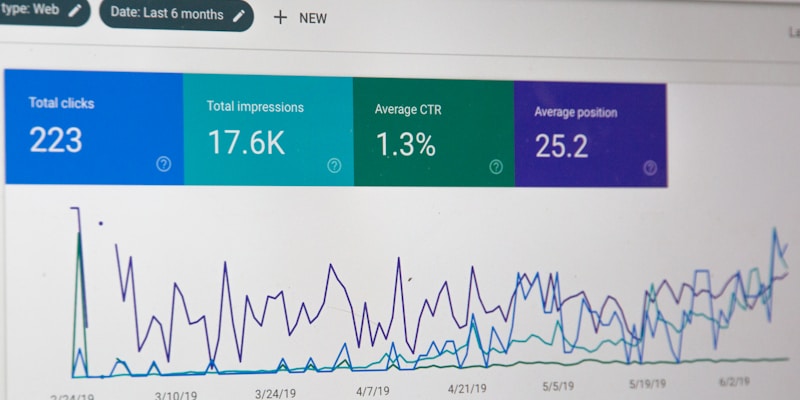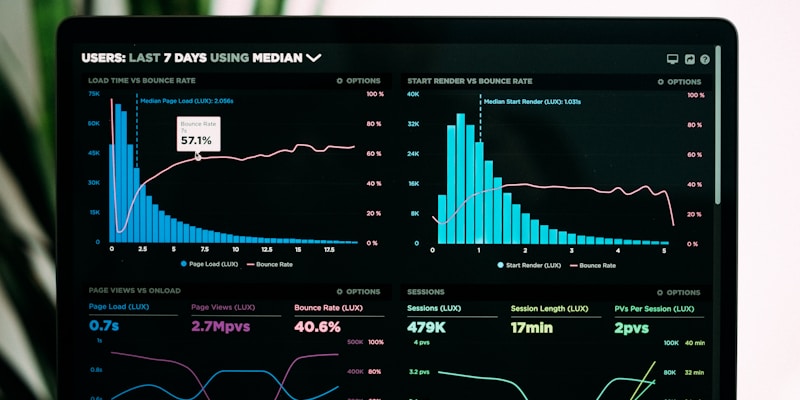CTO walks into standup: "Let's deploy AI company-wide by Q2." Six months later you're debugging SAML shit at 2am while developers spam Slack because auth is broken and nobody knows why.
Those HumanEval benchmarks that made everyone excited? Pure marketing bullshit. Doesn't matter if the model can solve FizzBuzz when your legal team takes three months to approve the data processing agreement. Claude can write poetry but it's useless if Jenkins throws ECONNREFUSED every time someone tries to auth.
Turns out deploying AI to thousands of people who just want to write code and attend Zoom calls is a special kind of nightmare.
DeepSeek: Cheap API, Expensive Everything Else
DeepSeek pricing is around fifty cents to two bucks per million tokens, depending on which model you use. Check their pricing page because they change it constantly.
Here's what the marketing team won't tell you: those API costs are pocket change compared to what you'll spend building everything else.
What they don't give you:
- SSO integration (build it yourself)
- User management dashboard (nope)
- Usage analytics (good luck tracking spend)
- Mobile apps (API calls from curl, I guess?)
- Admin controls (everyone gets the same API key?)
We spent weeks building an auth proxy because DeepSeek doesn't do SSO. The proxy broke on a Tuesday morning - node.js process ran out of memory, took 6 hours to track down. Error logs said "ECONNREFUSED 127.0.0.1:8080" which means absolutely nothing. Half the team just went back to using ChatGPT on their personal accounts.
Security issues: Cisco found some problems with DeepSeek R1. Our security team wasn't thrilled. Took months to get any kind of approval and they added a bunch of restrictions.
DeepSeek works if you:
- Have maybe 20 developers max
- Don't mind building enterprise features yourself
- Already have custom auth infrastructure
- Work at a place where "just use the API" is an acceptable solution
Claude: Actually Designed for Adults
Claude costs more - like $3-15 per million tokens depending on the model. Sounds expensive but you get actual enterprise features instead of building everything yourself.
What Claude actually includes:
- SSO that works with real identity providers (shocking!)
- Admin dashboard to see who's burning through your budget
- Usage analytics so you can prove ROI to finance
- EU data centers for GDPR compliance
- Support team that gets what enterprise deployment actually means
Legal approved Claude pretty quickly - maybe two weeks? Way faster than the DeepSeek nightmare.
The 200K context window: Usually marketing bullshit, but Claude's actually works. Developers regularly dump 5,000-line React components at it. Legal throws 100-page NDAs at it. Doesn't choke like GPT-3.5 used to.
Cost per token is higher, but when most people actually use it instead of ignoring it, your effective cost per user makes more sense.
ChatGPT Enterprise: Expensive But People Don't Revolt
$60 per user per month makes CFOs cry until they see the alternative: paying six engineers for four months to build basic user management. Then $60/month looks like a steal.
What you get for $60:
- SSO setup takes five minutes (actually works)
- Admin controls that don't require a CS degree to understand
- Slack integration that doesn't break every update
- Mobile apps employees already have installed
- 99.9% uptime SLA with real penalties if they fuck up
The killer feature isn't any fancy tech - it's that 80% of your employees already know how to use ChatGPT. Zero training budget. Zero change management consultants. They log in with work SSO and immediately start asking it to write their performance reviews.
Custom GPTs actually work: Built internal bots for HR policies, code review checklists, and debugging runbooks. Took maybe a week total. People actually use them instead of letting them rot in Confluence like every other "productivity tool" we've ever deployed.
Image support: Only platform that doesn't choke on screenshots and Figma exports. Turns out enterprise workers send a fuckton of images and expect AI to understand them.
Integration Hell: The Hidden Time Sink
Here's where the real pain lives. You need AI to work with Slack, Teams, SharePoint, Salesforce, and whatever other enterprise software your company has accumulated.
Slack integration reality check:
- ChatGPT: Download from Slack app directory, enable, done
- Claude: Third-party wrapper that breaks whenever Anthropic updates the API
- DeepSeek: Build your own bot, handle webhooks, debug rate limiting issues
Document system integration:
- ChatGPT: Pre-built SharePoint connector that mostly works
- Claude: Solid API for building custom integrations
- DeepSeek: Hope you like writing file upload handlers
Here's the brutal truth: ChatGPT has pre-built stuff that works. Claude has decent APIs for building custom shit. DeepSeek requires building everything from scratch because they couldn't be bothered to add basic enterprise features.
Why Most Employees Will Hate Your AI Deployment
The best AI model is the one people actually use. Technical benchmarks don't matter if adoption is 20%.
Learning curves:
- ChatGPT: "I already know this interface"
- Claude: "This is different but I can figure it out"
- DeepSeek: "How do I use an API again?"
Mobile reality: Enterprise employees work on phones constantly. In meetings, traveling, at home. DeepSeek has no mobile app. Claude's is decent. ChatGPT's mobile app is already on everyone's phone.
Air-gapped environments: DeepSeek wins here. Open-source model runs entirely on your servers. Claude and ChatGPT need internet. For defense contractors and classified environments, this decides everything.
Compliance: Where Dreams Go to Die
Here's the brutal truth nobody mentions: enterprise AI deployment has jack shit to do with how smart the model is. It's about surviving legal review without your attorneys charging $500/hour to read privacy policies.
GDPR compliance reality:
- Claude: EU data centers, lawyers actually understand the DPA
- ChatGPT: Most legal teams rubber-stamp it because they reviewed it for 500 other companies
- DeepSeek: Privacy red flags everywhere, good luck getting EU approval
Security certifications that matter:
- Claude: SOC 2 Type II, your auditors have seen it before
- ChatGPT: Every certification known to man, InfoSec teams pre-approve it
- DeepSeek: Limited certs, prepare for six months of security theater
In regulated industries, compliance kills options before you even test the APIs. Legal will veto DeepSeek during the first PowerPoint slide about data residency.
Enterprise AI decisions are 70% bureaucracy, 20% politics, 10% actual technology. The smartest model loses if it can't pass legal review or if employees hate using it. Which brings us to the real nightmare...










